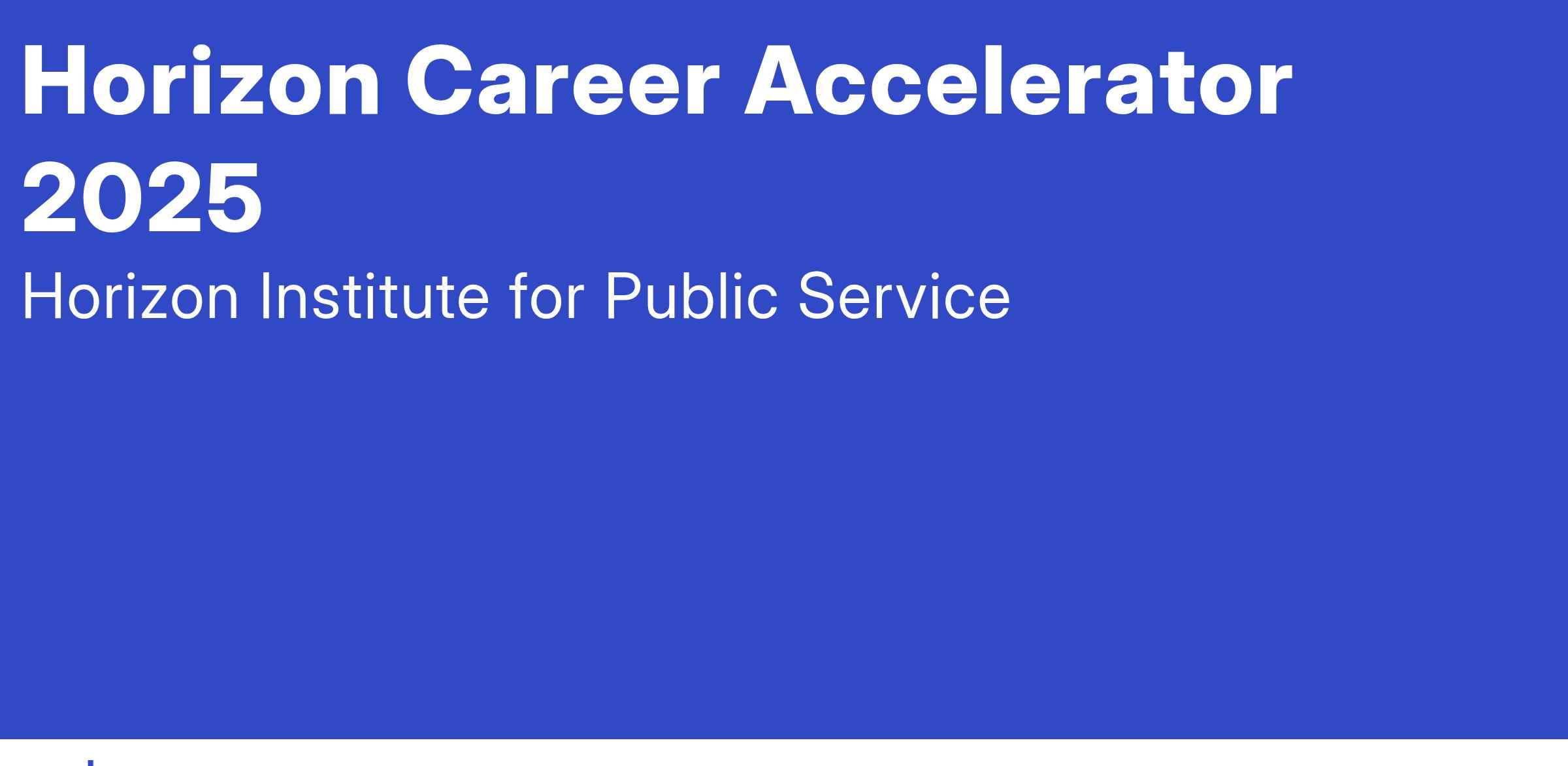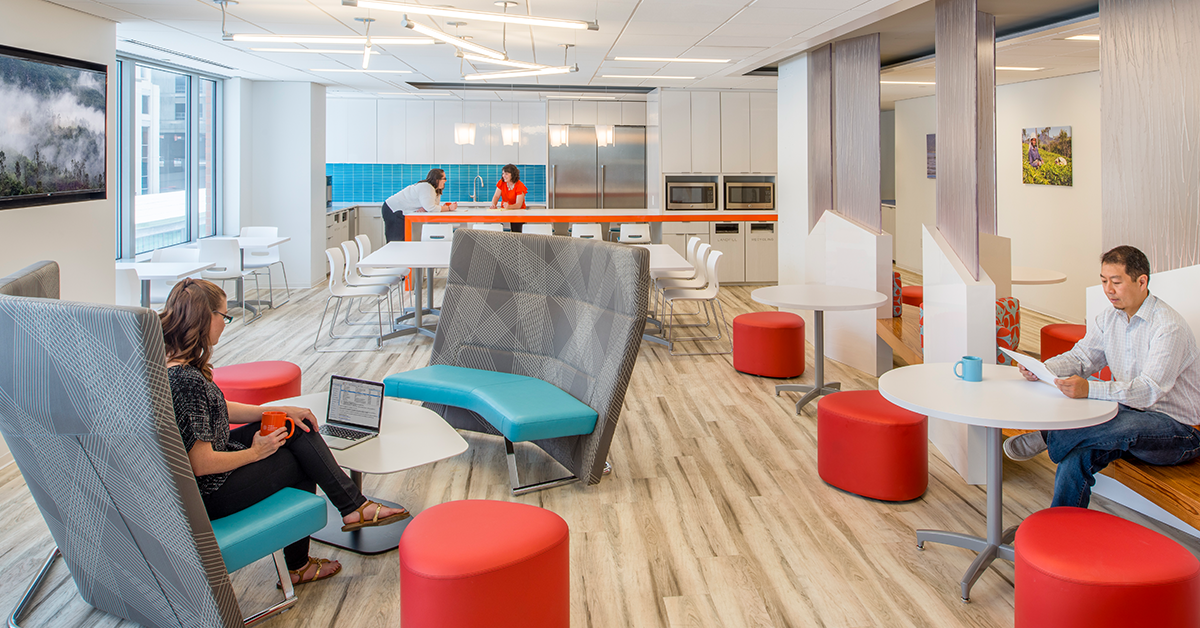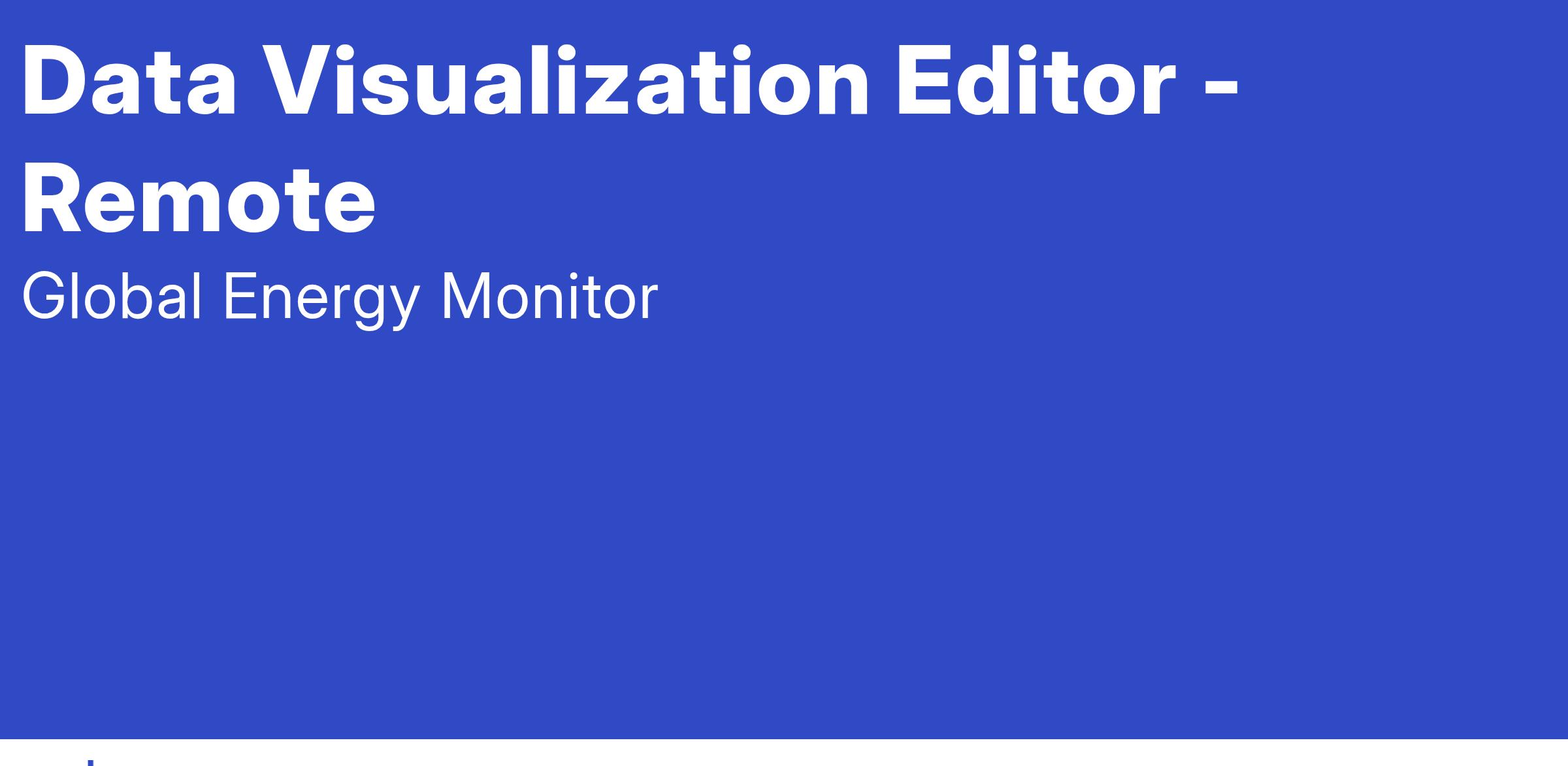Looking for the world's best platform to start or grow your newsletter?
We switched to Beehiiv this summer and creating our newsletters has become a source of joy...
🌱 Stronger Engagement & Growth: Our subscriber count has soared with Beehiiv's referral tools and landing pages.
💰 Monetization Made Easy: Start earning with Beehiiv's built-in ad network and paid subscriptions.
🎨 Creating Newsletters is Now FUN: With great AI tools and intuitive UX design for both creators and subscribers, the process is effortless and delightful.
📊 World-Class Analytics: The Platform offers the best analytics, helping us track growth, engagement, and make data driven decisions.
👉 Sign up with our affiliate link for a 1-month free trial + 20% off for three months!
They also have a free plan for up to 2500 subscribers.
Move Fast—but Build with Care: AI’s Forked Future
The old Silicon Valley mantra “move fast and break things” has fueled innovation, but in the age of artificial intelligence, this mindset demands deeper scrutiny. AI is now predicting disease outbreaks, mapping vulnerable communities, and streamlining humanitarian aid. Yet, the same speed that drives breakthroughs can also amplify risks—unchecked, AI may entrench bias, erode privacy, or destabilize economies and democracies.
AI’s promise is real. Consider these recent initiatives:
Criminal Justice Reform: Former Detroit Mayor Kwame Kilpatrick has joined the advisory board of the 20% Project, an initiative aiming to reduce mass incarceration by modernizing the clemency process with open-source AI tools. Learn more at https://www.axios.com/local/detroit/2025/04/16/kwame-kilpatrick-ai-criminal-justice-reform.
Humanitarian Aid: The International Rescue Committee’s Signpost project uses AI to provide refugees with accurate, timely information, helping millions navigate crises. Details at https://www.rescue.org/article/impact-signpost-bridging-information-gap-people-crisis.
Environmental Protection: AI-powered sensors are being deployed in forests to detect and prevent wildfires. Projects like ALERTCalifornia use AI-enabled cameras for early fire detection. See https://alertcalifornia.org/technology/.
Upskilling and AI Governance: BlueDot Impact runs the world’s largest and most trusted free courses on AI safety, governance, and alignment. Their AI Governance Course is a standout opportunity for those seeking to understand and address the risks of advanced AI systems. The course covers topics such as biosecurity, cybersecurity, and the disempowerment of human decision-makers, and is designed for policymakers, researchers, and anyone eager to shape responsible AI futures. As a facilitator, I’ve seen firsthand how these courses foster critical debate, community, and real-world impact.
The Fork in the Road: Age of Abundance or Dystopia?
The debate over AI’s future is polarized. Some see AI ushering in an age of abundance—a world where technology provides for all, freeing humanity for creativity and well-being. Others warn of a dystopian path: mass unemployment, deepening inequality, loss of privacy, and even existential threats if AI systems surpass human control.
Scenario | Utopian/Abundance Vision | Dystopian Vision |
|---|---|---|
Economic Impact | Near-zero cost goods/services, more leisure, new forms of fulfillment | Mass job loss, wealth concentration, economic instability |
Social Impact | Democratized opportunity, improved well-being | Deepened inequality, loss of agency, social unrest |
Psychological | Flourishing through creativity and connection | Crisis of meaning, alienation, “boredom in utopia” |
Governance | Inclusive policies, ethical frameworks | Authoritarian control, unchecked misuse |
The reality will likely fall somewhere in between, shaped by the choices we make now.
Why Critical Engagement Is Essential
AI’s trajectory is not predetermined. It will be shaped by governance, public engagement, and our willingness to question and refine how these technologies are built and used. Critical thinking is more vital than ever—not just for technologists, but for everyone affected by AI’s reach.
Bias and Inequality: AI systems reflect the data and assumptions of their creators. Without diverse teams and inclusive data, AI can reinforce or even exacerbate social biases.
Autonomy and Control: As AI becomes more capable, maintaining human oversight and agency is crucial. OpenAI’s updated Preparedness Framework (https://www.axios.com/2025/04/15/openai-risks-frameworks-changes) aims to address emerging threats by introducing new research categories to assess risks.
Global Inequities: At the recent AI Action Summit in Paris (https://www.theguardian.com/technology/2025/feb/10/ai-artificial-intelligence-widen-global-inequality-climate-crisis-lead-paris-summit), experts warned that without inclusive policies, AI could exacerbate global inequalities, especially in the face of climate challenges.
Striking the Right Balance
Innovation and responsibility must advance together. This means:
Building ethical AI frameworks that prioritize fairness, transparency, and accountability.
Ensuring diverse, representative data and teams in AI development.
Implementing continuous monitoring, auditing, and public engagement to adapt as AI evolves.
Fostering critical thinking and skepticism—questioning AI outputs, understanding their limits, and integrating human judgment at every step.
For those seeking to upskill or deepen their understanding, BlueDot Impact offers a range of free, expert-led courses and a vibrant community for ongoing learning and career support. Explore their offerings at https://bluedot.org. I am currently facilitating a discussion section of their AI and Governance Course and it is awesome learning community.

Conclusion: The Future Is Ours to Shape
AI can be a force for unprecedented good or a source of new dangers. The outcome depends on our collective vigilance, critical engagement, and ethical resolve. We must move fast—but build with care, ensuring that technology serves humanity, not the other way around.
What are your thoughts on AI for Good? Hit reply to share your thoughts or favorite resources or fill the super quick survey below.
Got tips, news, or feedback? Drop us a line at [email protected] or simply respond to this message or take 15 seconds to fill out the survey below. Your input makes this newsletter better every week.
Share your feedback on the AI for Impact Newsletter
AI for Impact Opportunities

Sponsored
Supercool
See where the low-carbon economy is scaling up.
News & Resources
😄 Joke of the Day
Why don’t robots ever get scared?
Because they have nerves of steel.
🌍 News
🧠 Quantum Tech & Global Security: A new report from the UN Institute for Disarmament Research explores how quantum technology and AI could disrupt international stability — from encryption breakthroughs to autonomous weapon risks.
📘 Read the full report (PDF)🪐 AI on the Hunt for Alien Life: Scientists using AI-powered tools to detect “biosignatures” on exoplanets may have found promising signs of extraterrestrial life. It's a giant leap for both astrobiology and machine learning.
🔭 Read the article on NPR🌍 Bridging the Digital Divide in Africa: In a powerful opinion piece, digital rights advocates argue that AI-backed internet access solutions could be the key to unlocking opportunity for millions of students across the continent.
🌐 Read on Context News
🎓 Career Resource
Global AI Job Board – With 450+ listings, this platform connects social impact professionals to roles in climate, education, human rights, AI for impact and more.
💼 Browse opportunities
🔗 LinkedIn
Aashti Zaidi Hai – Championing equitable education and digital access, Aashti is CEO of Global Schools Forum and a respected voice on AI for global development.
👤 Follow her on LinkedIn

.png?1741121766)










